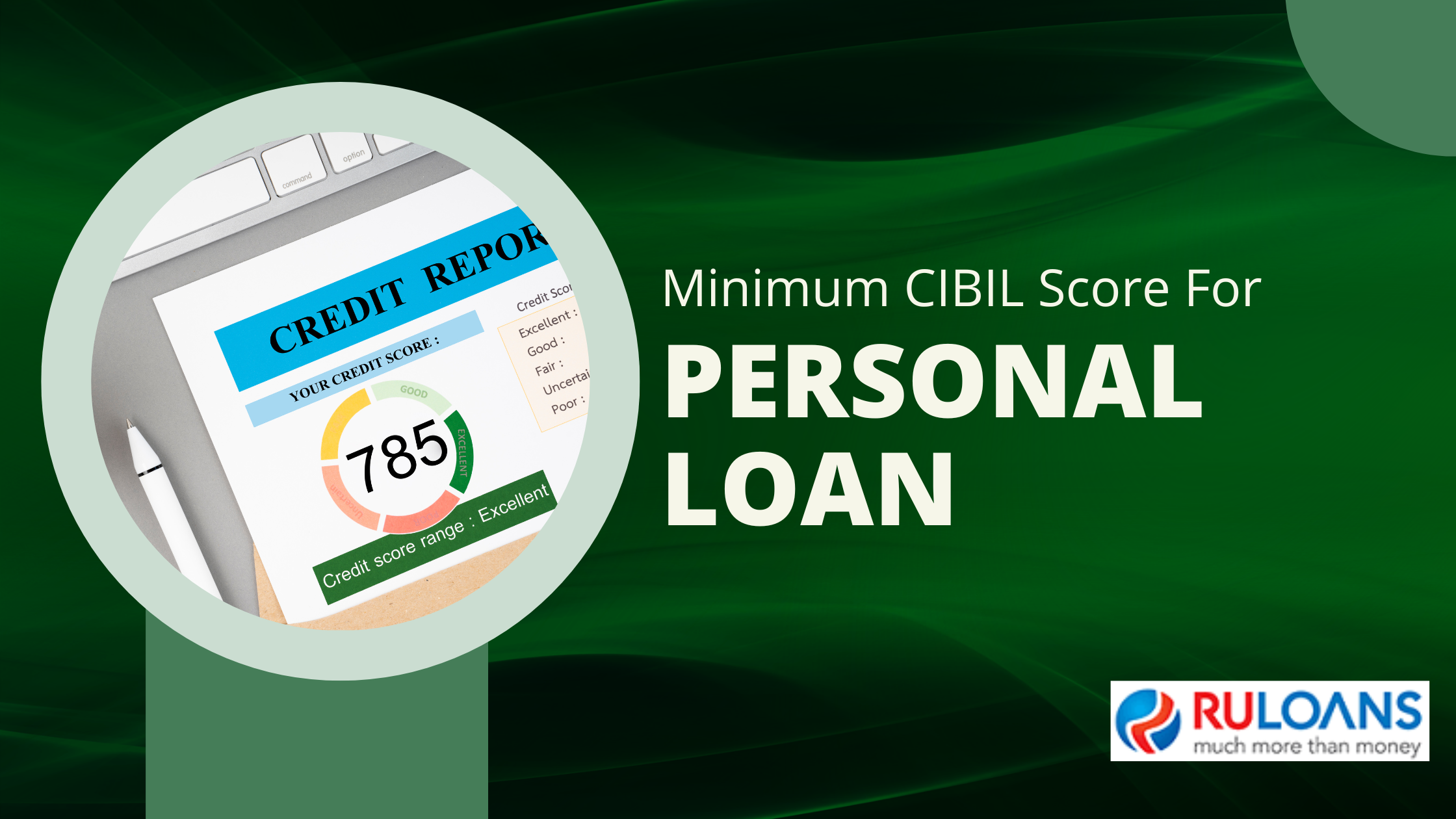Your CIBIL score plays a crucial role in your financial journey. This three-digit number, ranging from 300 to 900, is a measure of your creditworthiness and is one of the first things lenders look at when assessing your personal loan application. This blog post aims to shed light on the minimum CIBIL score required for a personal loan and how it influences your borrowing experience.
Factors Affecting CIBIL Scores
Your CIBIL score is based on several factors, with your credit history playing a major role. Timely repayments of loans and credit card bills positively impact your score, while missed or delayed payments lower it. Your credit utilization ratio, which is the amount of credit you use compared to your credit limit, also affects your score. Other factors include the length of your credit history, the mix of credit types you have, and the number of new credit applications made.
Improving Your CIBIL Score
Improving your CIBIL score is not an overnight process, but with disciplined financial behaviour, it is achievable. Always pay your loans and credit card bills on time. Keep your credit utilization ratio below 30%. Avoid applying for credit too frequently, as this can be seen as credit-hungry behaviour. And lastly, maintain a healthy mix of secured and unsecured loans.
Minimum CIBIL Scores for Personal Loans
While the exact minimum CIBIL score may vary among lenders, generally a score of 750 or above is considered excellent. Most lenders prefer a CIBIL score of at least 700 for personal loans. Some lenders may approve loans for those with scores as low as 600, but they may charge a higher interest rate to offset the risk.
Interest Rates and Fees for Different CIBIL Scores
Those with high CIBIL scores can often secure personal loans at more favourable interest rates. The lower risk associated with lending to someone with a good credit history allows lenders to offer lower interest rates. On the other hand, borrowers with lower scores may face higher interest rates, higher fees, or more restrictive loan terms.
Conclusion
Your CIBIL score is a key determinant in your personal loan application process. A strong score can help you secure loans at better interest rates and more flexible terms. It’s essential to regularly check your score and take steps to improve it, if needed.
Ready to explore your personal loan options? Start your journey with RuLoans today!
FAQs
What is a good CIBIL score for a personal loan?
A score of 750 or above is generally considered excellent, but most lenders require at least a score of 700 for a personal loan.
Can I get a personal loan with a low CIBIL score?
Some lenders may offer personal loans to individuals with low CIBIL scores, but these loans often come with higher interest rates and stricter terms.
How can I improve my CIBIL score?
You can improve your CIBIL score by consistently paying your loans and credit card bills on time, maintaining a low credit utilization ratio, and avoiding too many credit applications in a short time.
Key Takeaways
- Your CIBIL score is a measure of your creditworthiness and plays a crucial role in your personal loan application process.
- The score is influenced by factors such as your repayment history, credit utilization ratio, and credit mix.
- Improving your CIBIL score involves timely repayments, controlled credit utilization, and maintaining a healthy mix of credit.
- Typically, lenders prefer a minimum CIBIL score of 700 for personal loans. High CIBIL scores often secure lower interest rates.
Are you ready to leverage your CIBIL score and apply for a personal loan? Start your journey with RuLoans today and let us guide you to your ideal loan solution.









